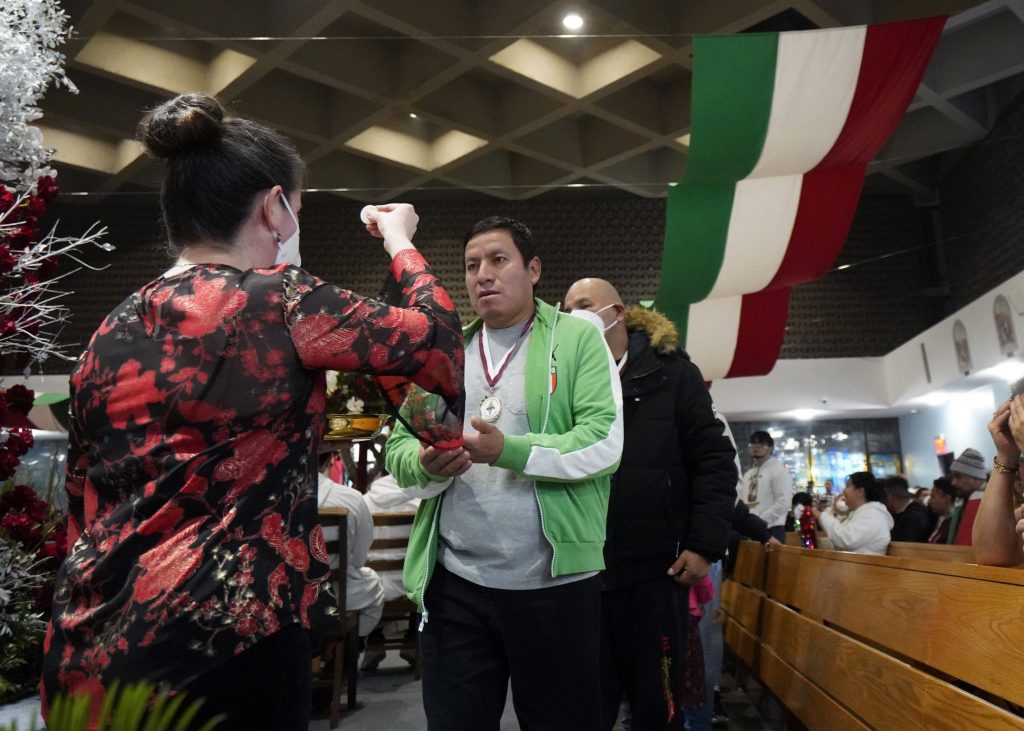I once had a bit of a row with my then high school sophomore daughter’s English teacher. My daughter came home one day and informed me that she was being taught any sentence less than five words would be marked as incorrect.
Now I have been known to use more words than actually necessary (see above), but this teacher’s arbitrary rule of English grammar necessitated a meeting. I came armed with a few gems: Melville did not do such a bad job beginning his novel with “Call me Ishmael.” And could the Gospel be improved if sentences like “Jesus wept” or “It is finished” were elongated?
When it comes to Vatican II, the problem is that millions of words have been written about it, for and against. And all those participles, nouns, adverbs, and conjunctions have not provided any definitive response to one side or the other.
Here we are 60-plus years later, and one side is convinced Vatican II has not been fully realized because of stubborn “traditional” elements in the Church, while another believes Vatican II has been hijacked by “progressives” driven to subvert the very Faith it claims to profess.
There is also a third rail of opinion that rejects Vatican II in toto and has affixed conspiratorial fantasies on par with those who believe the earth is flat or the moon landings were a gigantic hoax.
Now, since only in the mystery of the Trinity can three apparently separate entities be one, not all of these can be correct. They can, though, all be wrong, to a degree.
I cut my teeth in the beginning of Vatican II and since everyone in my house was older, they all brought their own experiences to the changes Vatican II wrought. My dad received his first Communion when Pope Benedict XV sat on the throne of Peter. My first Communion came during the pontificate of Pope Paul VI.
For my parents, especially my dad, the changes in the Mass were difficult. For me, with only the faintest memories of the old Mass, the new Mass was really not a transition at all. It is ironic though that a council expressing concerns over too much reliance on outward signs of piety had the effect of a full employment act for liturgical specialists seemingly obsessed with outward signs of piety.
Thanks be to God, my parents were both interested in outward signs of piety as well as the more important inner dedication to their Faith and God, and all of the turmoil that swirled around us became background music, discordant at times, but never so much so to get in the way of our sacraments and our faith.
The biggest trap that many of us were prone to fall into was thinking about Vatican II in terms of years and decades. This was compounded by our human need for instant results in order to evaluate whether something is good, bad, or indifferent.
We live in a time of sound bites and instant gratification, and Christ has just never worked that way.
I lay no claim to having unlocked the answer to Vatican II. Yet, while reading another commentary of a council that concluded before I was eligible to receive my first Communion, I came upon a very simple sentence that felt like the heavens opening up and rays of sunshine spilling down. The sentence is more than five words, so my daughter’s English teacher would approve, but it is still only one simple sentence, and it answers everything we need to know about Vatican II.
If you want to look it up, it is in Chapter 5 of “Lumen Gentium” (“Light of the Nations”) of the Vatican II documents: “Therefore, in the Church, everyone, whether belonging to the hierarchy, or being cared for by it, is called to holiness.”
There it is — an inner call to personal holiness. Would that not solve every problem known to mankind? It might even, dare I say it, usher in God’s kingdom.
It is unlikely I will live long enough to fully see the fruits of Vatican II, just as no one lived long enough to see the full blossom of the truths and grandeur of the Council of Nicaea. But someone will. Maybe it will be my grandson; maybe it will be his grandson.
Imagine how the world changes if we all accept that call to holiness. It is what turned Saul of Tarsus from violent oppressor to St. Paul and an impetuous and sometimes cowardly fisherman into St. Peter.

